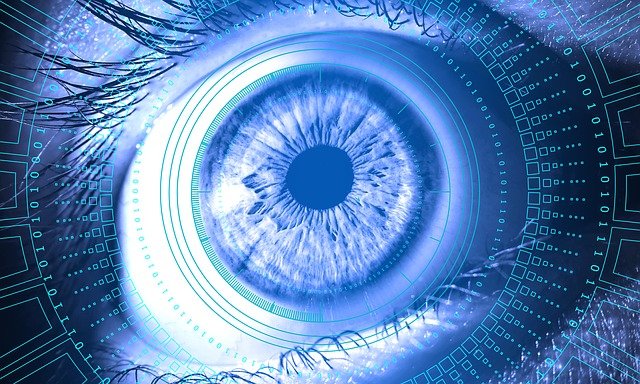African governments, large corporates, and tech entrepreneurs have embraced the West’s vision of a universal identity system. With support from the World Bank’s Identification for Development (ID4D) programme, governments across Africa have foisted elaborate and expensive biometric ID schemes on citizens and residents with little pushback from civil society. Both the World Bank and digital ID officials and adjacent corporations claim that expanding (in reality, mandating) digital identity systems will help people participate in “political and economic life”. The reality is that these mandates and their forceful use of “stick incentives”—withdrawing privileges until people cave in—are merely a self-fulfilling prophecy. Nigeria forced people to get the National ID Number by preventing formerly registered devices from making calls if the owners failed to prove they had gotten their NIN. This resulted in cutting services to 73 million subscribers—a third of registered users. Digital-ID systems can create a power imbalance between the state and its people based on the nature of the personal information (f.e. biometric data) collected.

